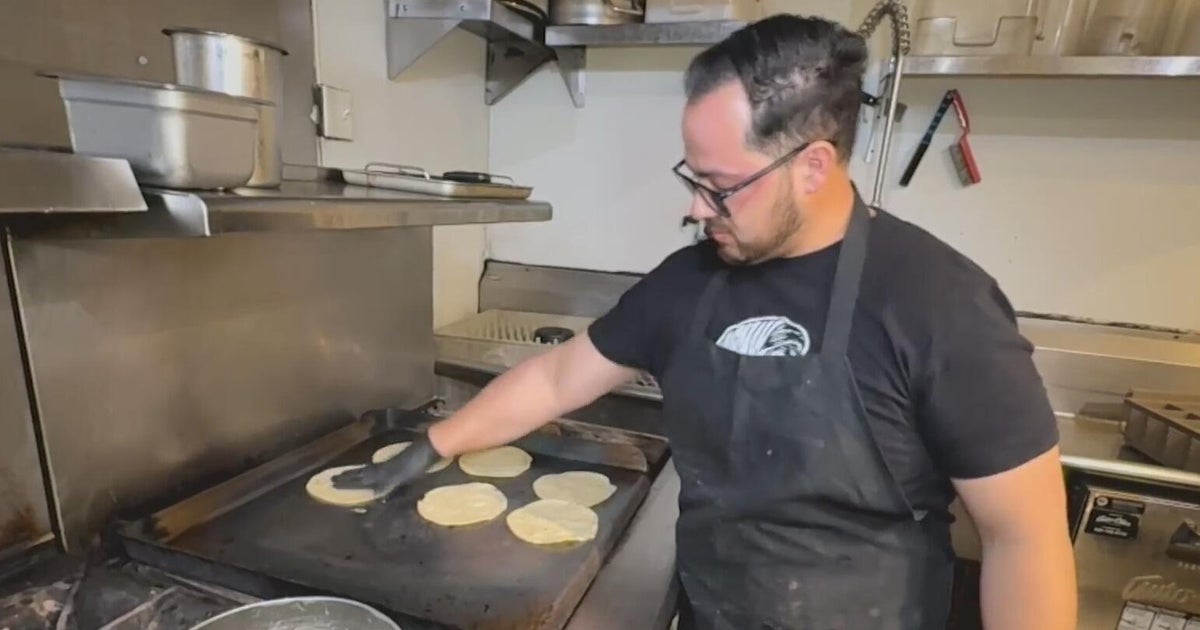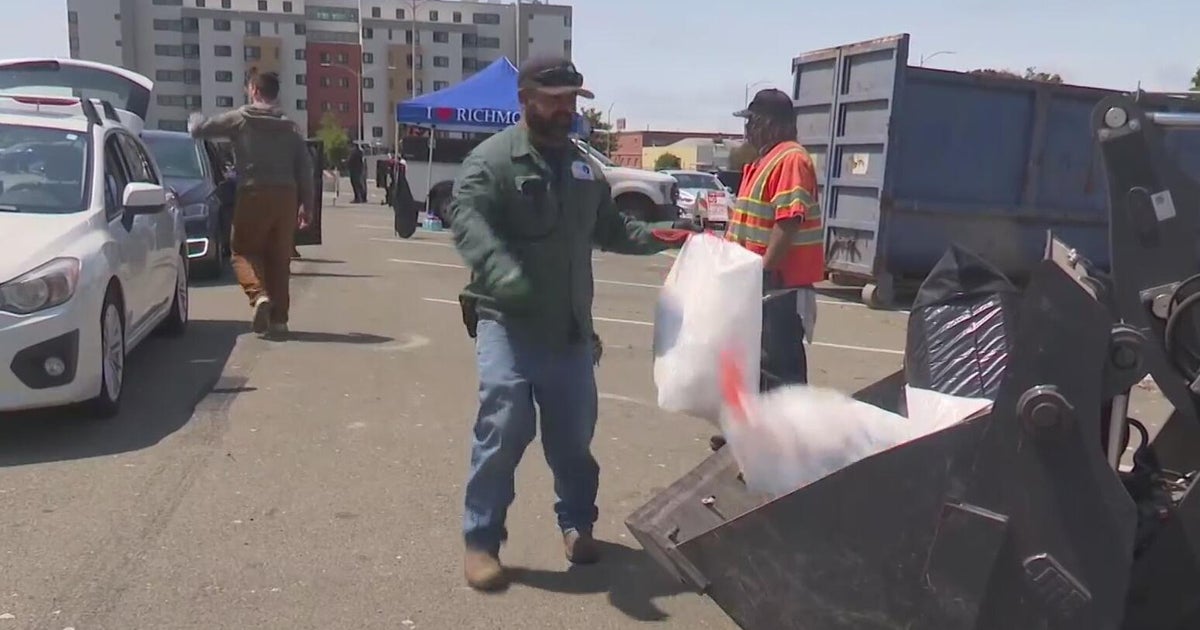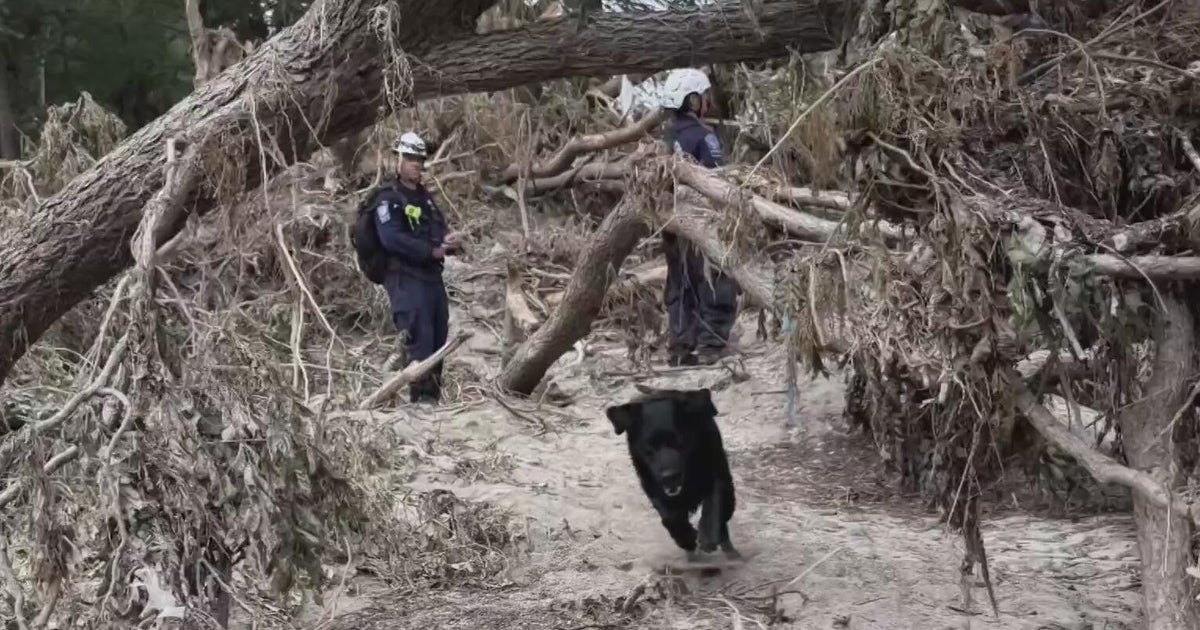Reopening: UC Berkeley Researchers Launch Trial Of COVID-19 Saliva Test
BERKELEY (CBS SF) -- UC Berkeley researchers announced Tuesday they have begun trials of a saliva test for COVID-19 that would eliminate the need for taking painful nasal swabs.
The announcement came from researchers with the Innovative Genomics Institute -- the same group that rapidly popped up a state-of-the-art COVID-19 testing laboratory in March.
If the procedure proves successful, researchers said the goal would be to have it place as a quick testing procedure for students and faculty members as they arrive back on campus for classes in the fall.
"At Berkeley, we hope to bring at least some of our undergraduate students back to campus safely in the fall, and one way to do that is to provide them with asymptomatic regular testing, so that we can be monitoring their health and insuring that they are not transmitting the virus," said Jennifer Doudna, a UC Berkeley professor of molecular and cell biology who spearheaded the pop-up diagnostics lab and the saliva testing.
Campus volunteers began collecting saliva samples from a few hundred UC Berkeley employees on June 23 at kiosks set up in the breezeway of the Genetics and Plant Biology building.
"As opposed to swab testing, saliva testing is a lot simpler and allows people to literally spit into a tube," Doudna said. "We think it will take about five or six minutes as they pass through our testing center here, so we hope to make this very painless, easy and simple for people to come by and get tested."
The researchers then will analyze the saliva samples at a pop-up lab with results returned within five days. They said the quick test would allow them to identify asymptomatic students and facility members and isolate them in quarantine to prevent the spread of COVID-19 on campus.
Using CRISPR-Cas proteins, Doudna and other researchers at the IGI are also working on an inexpensive and simpler point-of-care or home test that would give people results within minutes, without having to return saliva samples to a lab.
The researchers hope to analyze the results of the saliva tests and submit an application for an Emergency Use Authorization to the Food and Drug Administration, which would allow them to employ the saliva test clinically.
"It's easier," said graduate student Alexander Ehrenberg. "We don't need trained healthcare providers to do the swabs. It scales a little bit easier."
If the saliva test works, it could mean mass testing without the need for trained medical personnel, and most of that scarce protective equipment.
"Less PPE," said Ehrenberg. "We can have people socially distanced. It's important to protect our personnel that are helping with the testing."
This is a trial program for people resuming work on campus, but it could be used when students return in the fall. It is also a trial run for the test itself, which is being used under emergency approval. Researchers are still trying to nail down its reliability, which means any positive results here will be double-checked.
"So as we are awaiting clinical approval of this test," Ehrenberg says, "we have to make sure that all the positives and inconclusive are referred to a clinical test."



